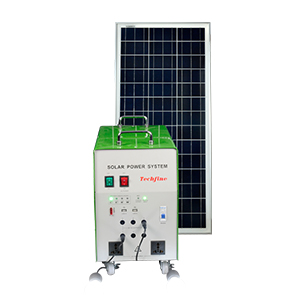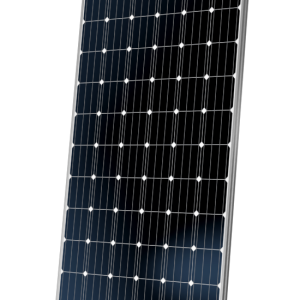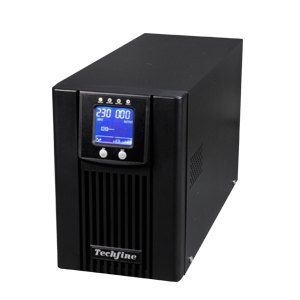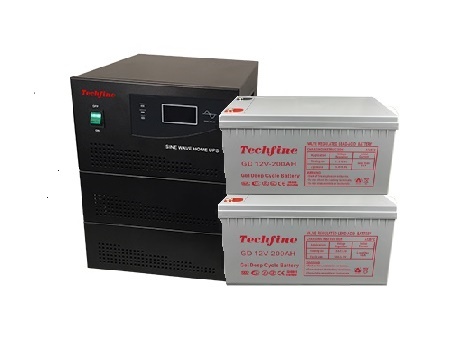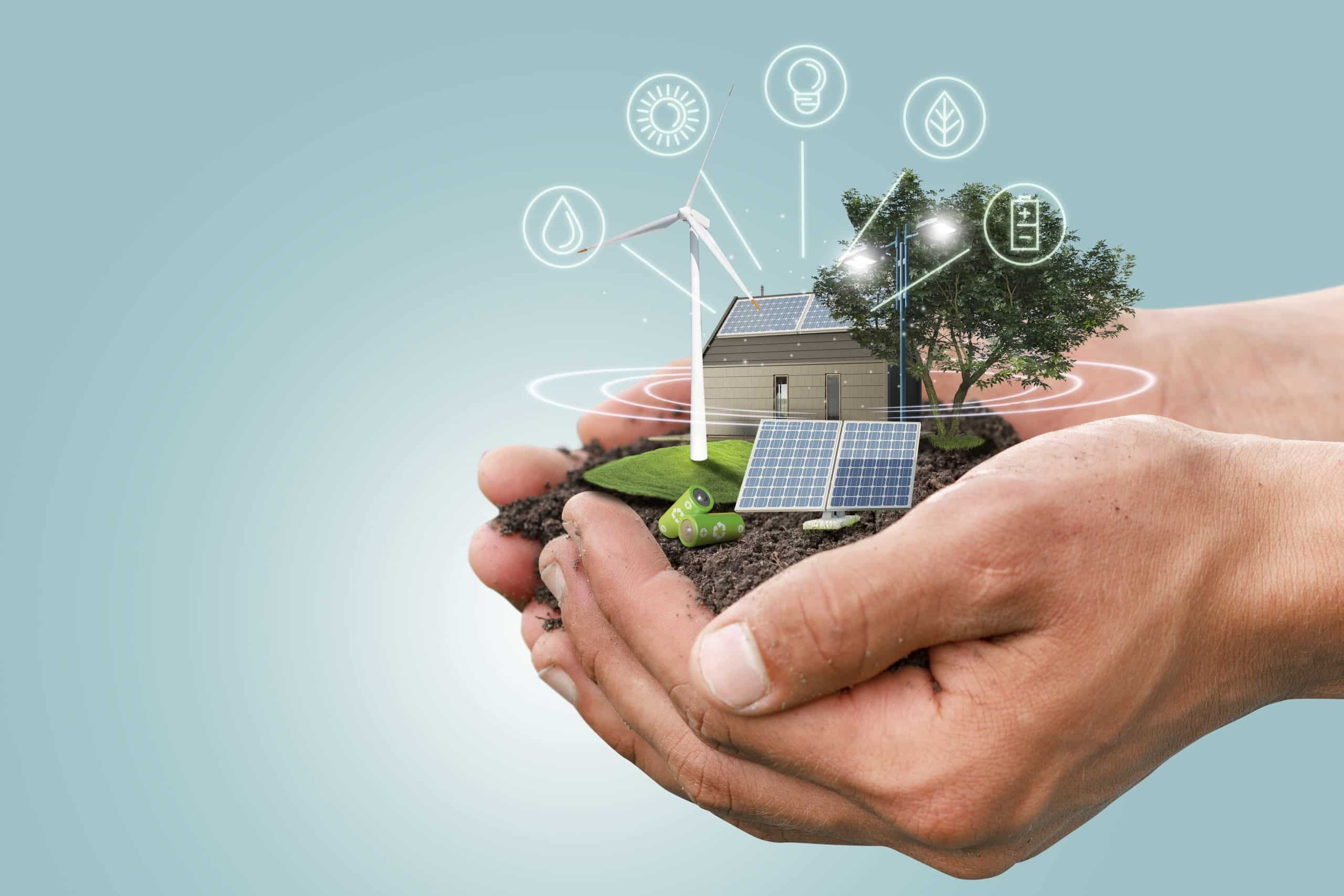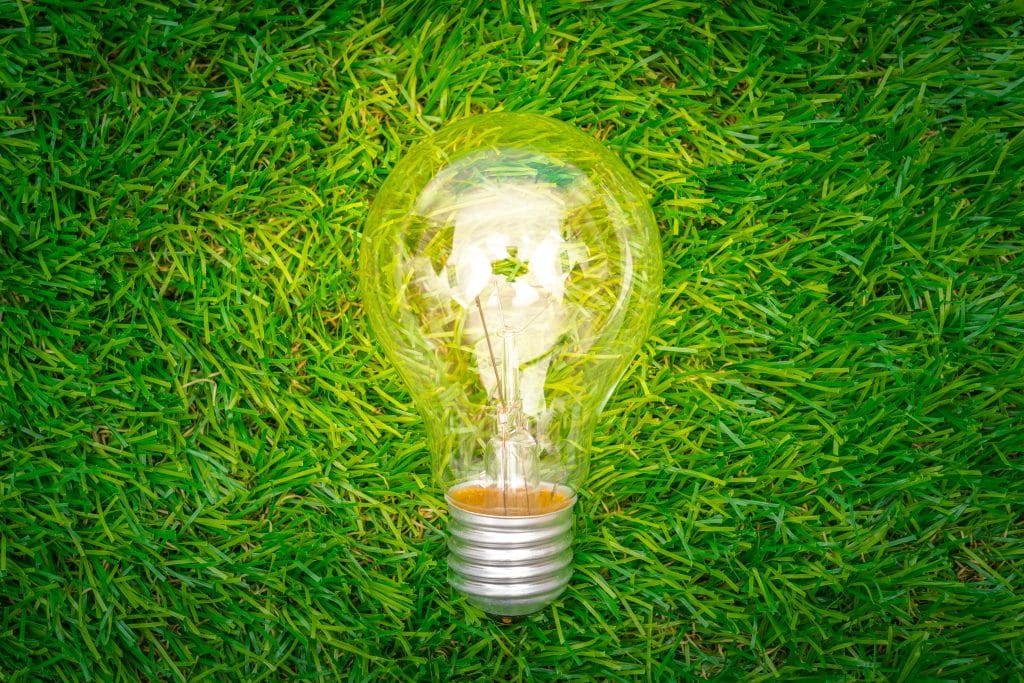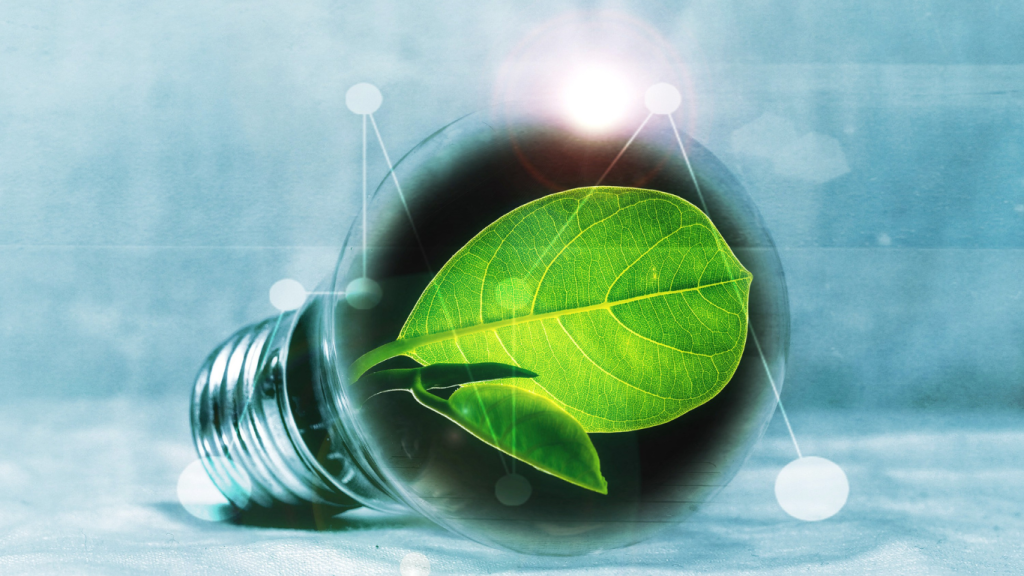There has never been a greater need for cleaner, more sustainable energy sources in the world that we live in today. The switch to green energy is not just a choice; it is required as the specter of climate change continues to cast its shadow. We will delve into the world of green energy in this blog post, examining its significance and making a point to distinguish it from renewable energy.
What is Green Energy?
Green energy, also known as clean energy or low-impact energy, is a term used to describe energy sources with little negative environmental impact. It includes a variety of methods and technologies for obtaining energy from renewable sources, with a primary emphasis on environmental protection and sustainability.
Renewable Energy vs. Green Energy
Let us define the differences between Green Energy and Renewable Energy so that we can better understand green energy:
Renewable Energy: Renewable energy refers to sources of power derived from naturally occurring processes that are continually replenished. These include solar, wind, hydroelectric, and geothermal energy. While renewable sources are indeed sustainable and environmentally friendly, they may not always be classified as green energy. For instance, burning biomass, like wood or other organic materials, is renewable but not always considered green due to the emissions associated with combustion.
Green Energy: Green energy, on the other hand, places a stronger emphasis on environmental impact. It encompasses renewable sources like solar and wind but also extends to nuclear energy (in some interpretations) and other forms of power generation that have minimal carbon emissions. Green energy prioritizes technologies and practices that actively contribute to reducing our carbon footprint and overall environmental harm.
Why Green Energy Matters
- Reduced Carbon Footprint: Green energy technologies are essential in the fight against climate change because they emit little to no greenhouse gases.
- Resource Preservation: By relying on sustainable and natural resources, we lessen our reliance on limited fossil fuels and protect these resources for future generations.
- Air and Water Quality: The switch to green energy helps to improve public health by resulting in cleaner air and water.
- Economic Opportunities: The green energy industry is a significant driver of job growth, economic expansion, and innovation.
Green energy is more than just a trendy term; it stands for our dedication to a future that is cleaner and more sustainable. In addition to lessening our influence on the environment, adopting green energy will make the world more prosperous, have healthier communities, and inspire hope in the fight against climate change.
Understanding the difference between green energy and renewable energy is essential to making thoughtful decisions about the energy sources we choose to support, as we have explored in this blog post. Green energy is a powerful step toward a more sustainable world, not just a choice. It is time to accept change and unleash the power of green energy for a better future.



